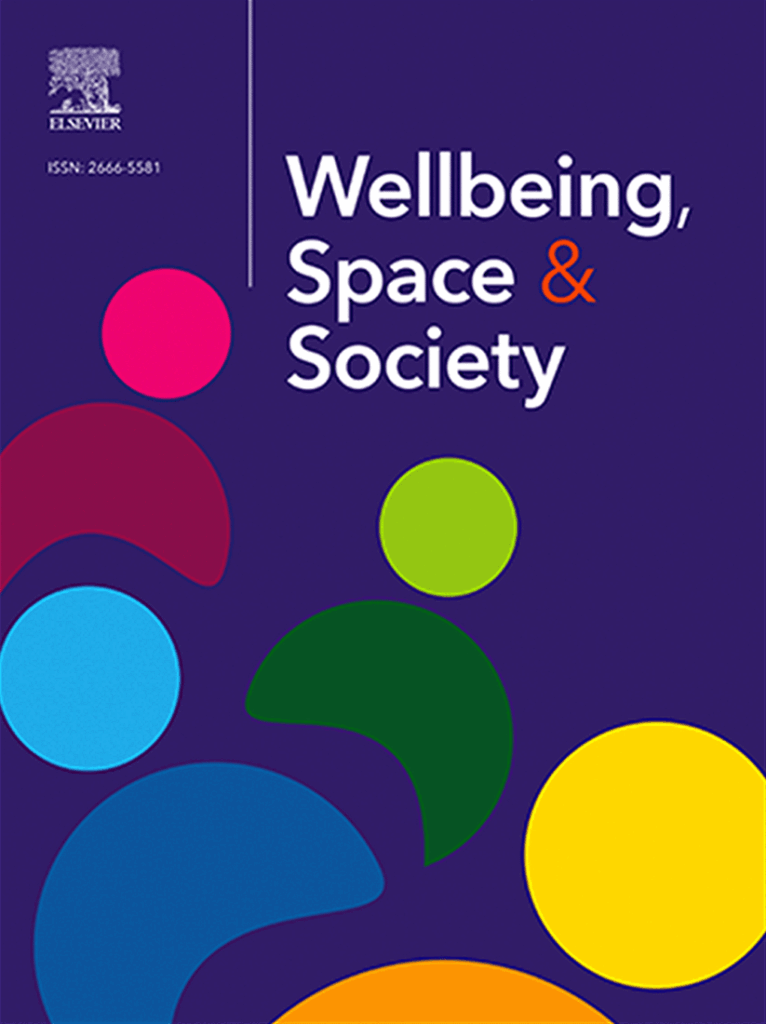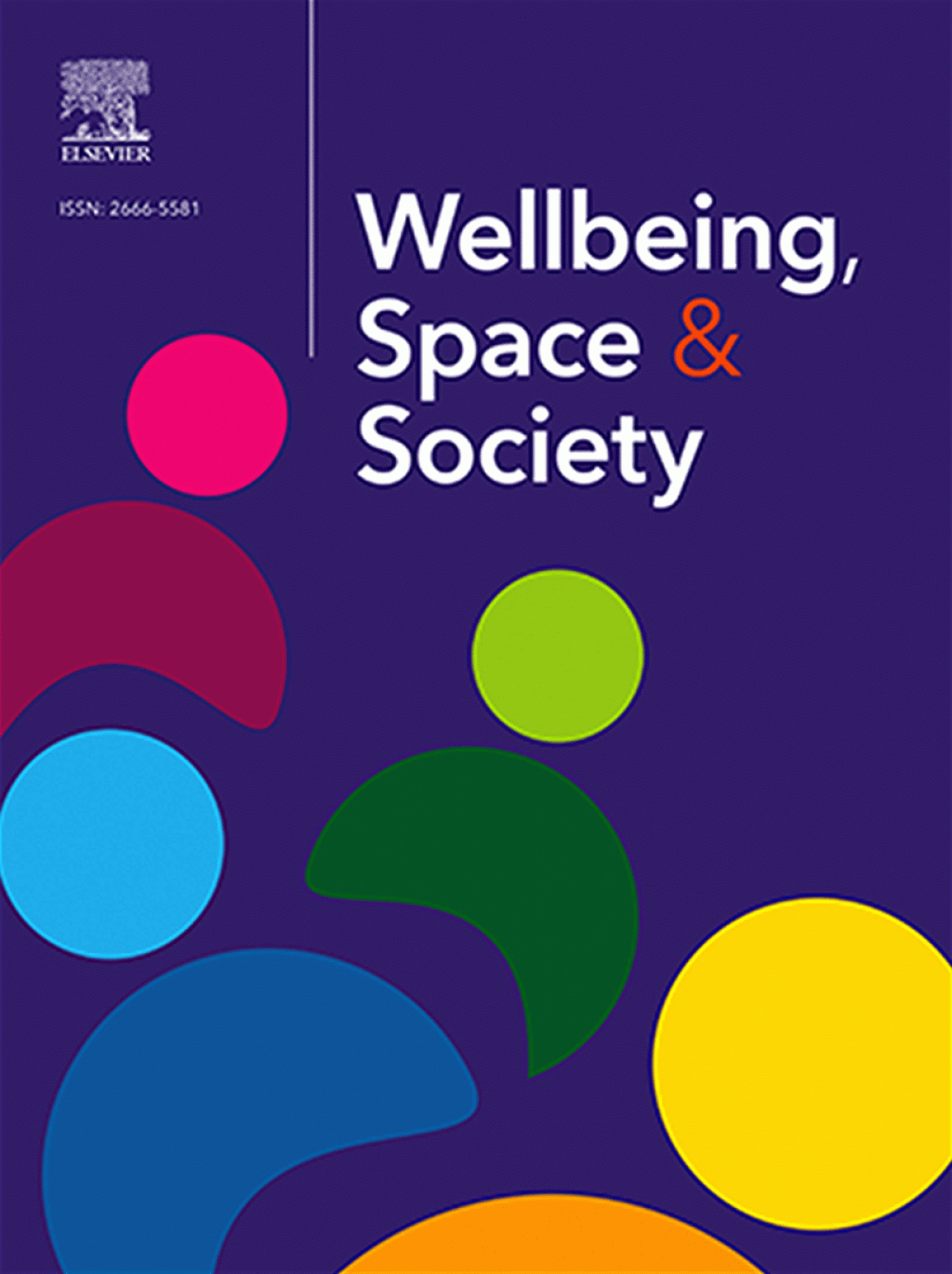Wellbeing and sustainability in Europe in the 2010s–An empirical analysis
Author: Csaba Lakócai
In: Wellbeing, Space and Society, Volume 7, December 2024, 100225
DOI: doi.org/10.1016/j.wss.2024.100225
Abstract
The decade of the 2010s was characterized by relative economic stability in Europe. Most of the countries had recovered from the financial crisis of the previous decade while the new socio-economic crises, brought by the early 2020s, were not yet on the horizon. The economic stability of this period does not mean the absence of systemic issues at all. Environmental degradation, aging societies, refugee crisis, or offshore scandals are but just to mention a few. However, due to the period of relative stability, the direct impact of these issues in different countries can be better illustrated and compared over the 2010s than during the crisis periods. In order to prove empirically this presumption, I apply longitudinal statistical data analyses, as well as cross-sectional regressions, among 39 European countries. The examined outcome variables are the Happy Planet Index (HPI), as an informal indicator of progress, and its sub-components, as proxy indicators for (subjective) wellbeing and (objective) sustainability. The results confirm the diverse trends in terms of wellbeing and sustainability in spite of the roughly even formal economic growth over the period. This highlights the necessity for a multifaceted approach to assess progress.




